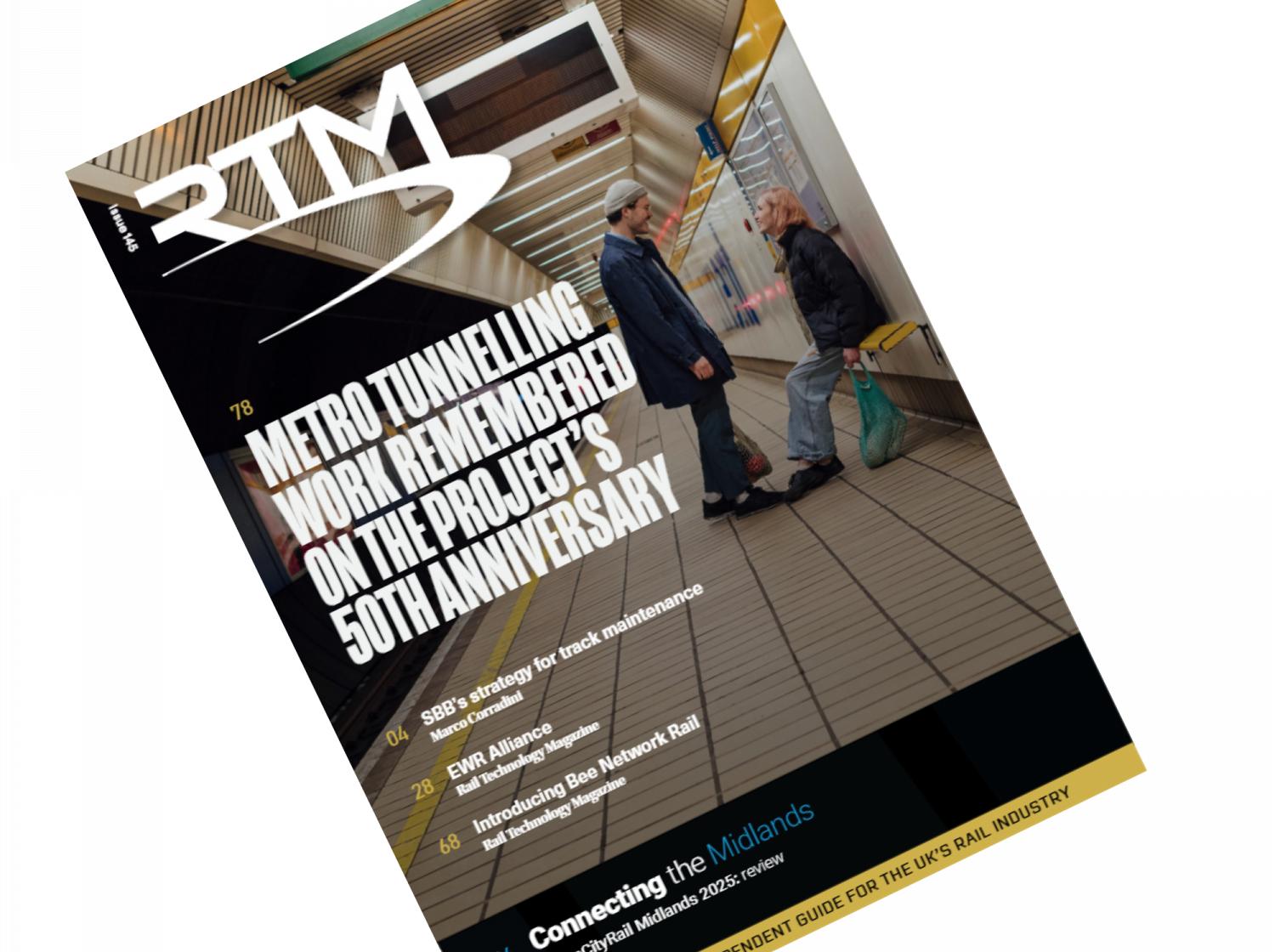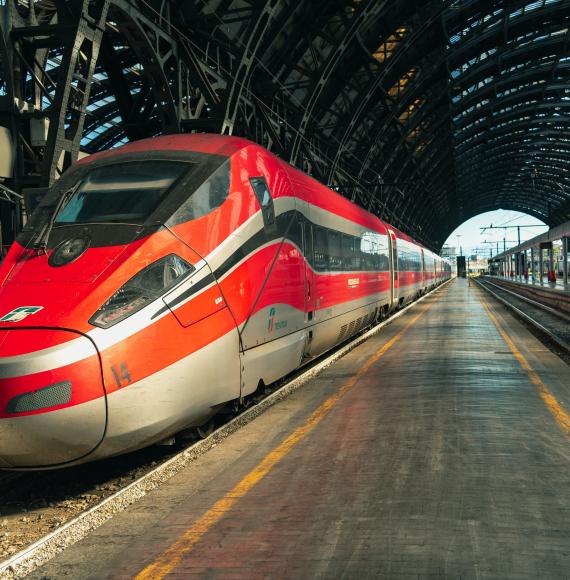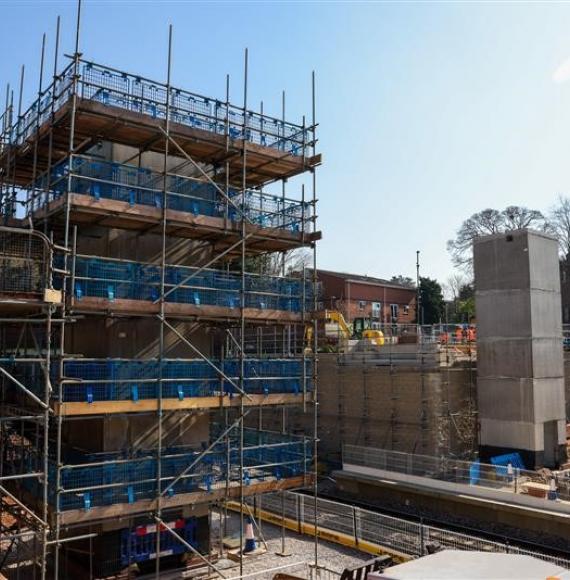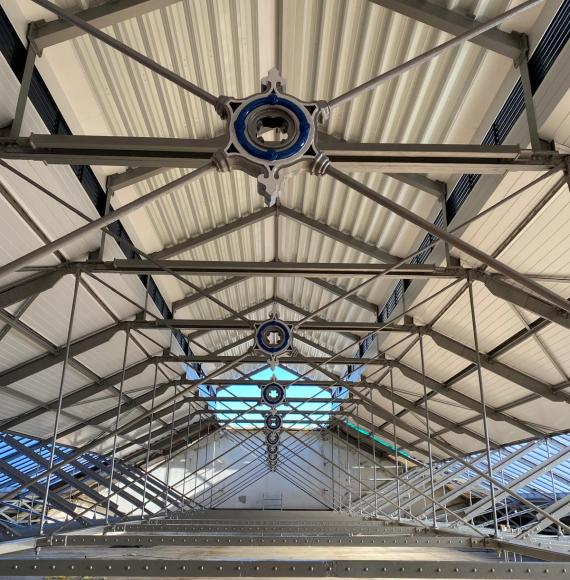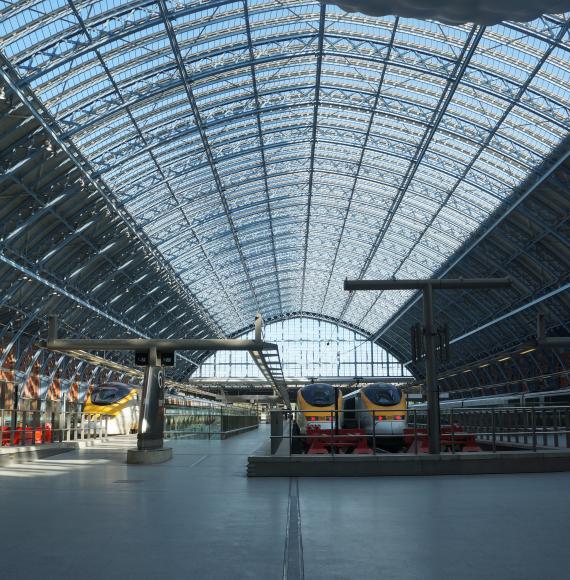Alstom, and SNCF Voyageurs, the passenger division of French National Railways, have unveiled the first battery-powered Regional Train (TER) in Europe.
The train is part of a project that began in 2021 to develop battery-powered trains to help reduce CO2 emissions on non-electrified lines in France. Five dual-mode electric-diesel trainsets are being modified by replacing their diesel engines with batteries, in order to become 100% electric.
The project is the first-of-its-kind in Europe.
The first battery-powered trainset was entrusted by the Nouvelle-Aquitaine region and left the Crespin Alstom site during the summer of 2023. It has just begun its dynamic tests, which involve running the train at different speeds on a test track to test its performance and safety.
Here they are! The first of 5 #battery-powered trains will run on French regional lines. These TERs are the first of their kind & will help reduce carbon emissions by replacing their diesel engines with batteries to become 100% #electric.
— Alstom (@Alstom) October 19, 2023
🌿🌎 Learn more: https://t.co/gQoDEhAkFO pic.twitter.com/ErvOhkp90N
“Decarbonising mobility is at the heart of Alstom’s strategy, and the battery solution completes our range of relevant solutions, along with hydrogen and hybridisation, to reduce greenhouse gas emissions from mobility,” said Jean-Baptiste Eyméoud, president of Alstom France. “In this respect, we are proud to be able to present the first battery-powered TER, developed in collaboration with SNCF Voyageurs and with the support of the five partner Regions”.
The first order for battery-powered TER trains is for five trainsets, some of which have already been in service for almost 20 years on the railway networks of the Auvergne-Rhône-Alpes, Hauts-de-France, Nouvelle-Aquitaine, Occitanie Pyrénées-Méditerranée and Sud Provence-Alpes-Côte d’Azur regions.
Now equipped with a new, cleaner and more environmentally-friendly traction system, they will be put back into commercial service to run on electrified and non-electrified lines for a further 20 years.
After the dynamic tests at the Crespin Alstom site, the train is now undergoing further testing at the Centre d’essais ferroviaires at Bar-le-Duc, a railway testing centre in eastern France. These tests are to validate the train’s new traction modes and to ensure that it is compatible with the existing French infrastructure.
The final phase of tests on the French national railway network (RFN) is scheduled for December 2023 and January 2024. If these tests are successful, the train will be authorized to enter commercial service in the partner regions as from December 2024, during an initial experimental period.
The overall budget for the project, including the pre-production run of five trainsets, is 40.2 million euros.
The development of battery-powered TER trains is a significant step towards the decarbonization of regional rail transport in France. The trains are expected to reduce CO2 emissions by up to 90% compared to diesel trains.
Alstom hope that the success of this project could pave the way for the development of battery-powered regional trains in other countries around the world.
Photo Credit: Alstom



